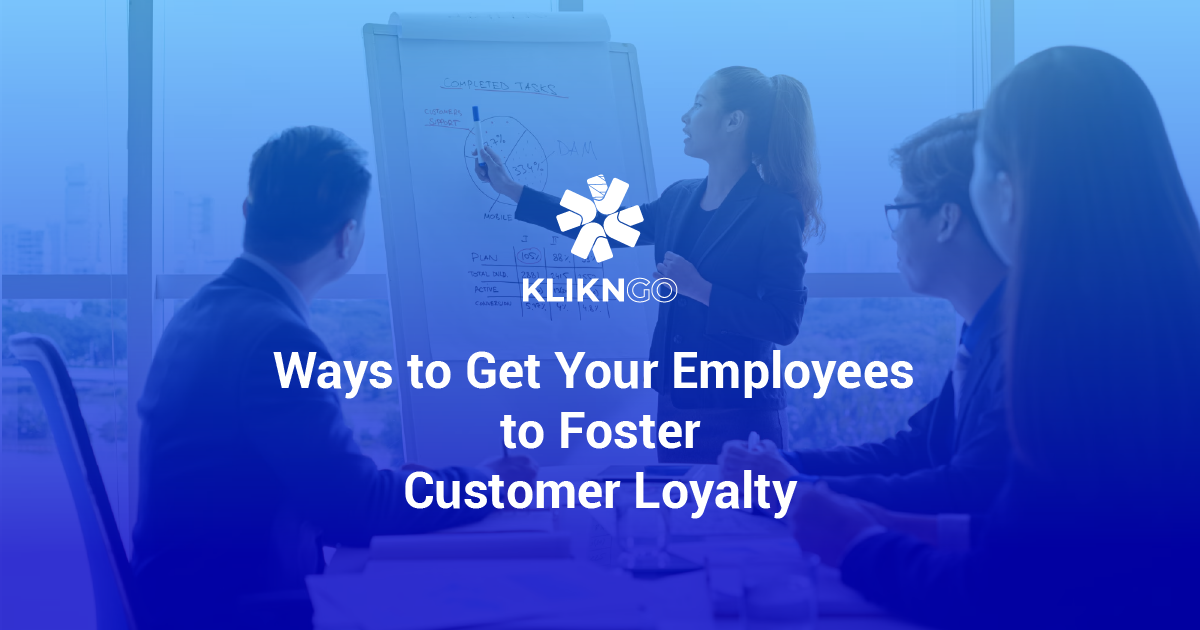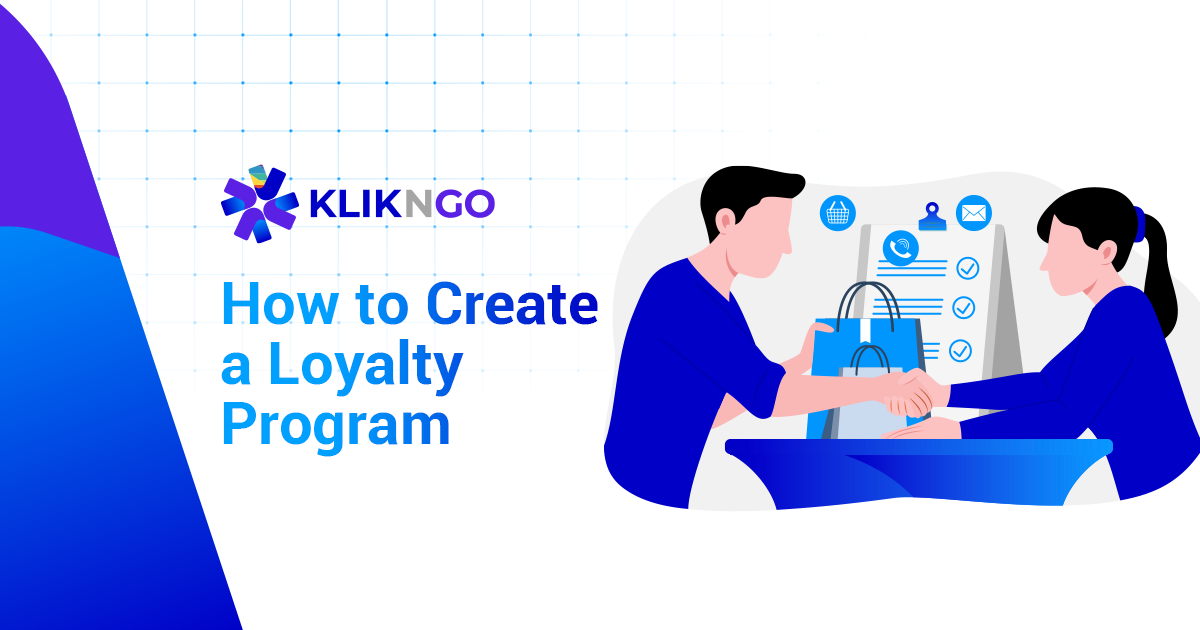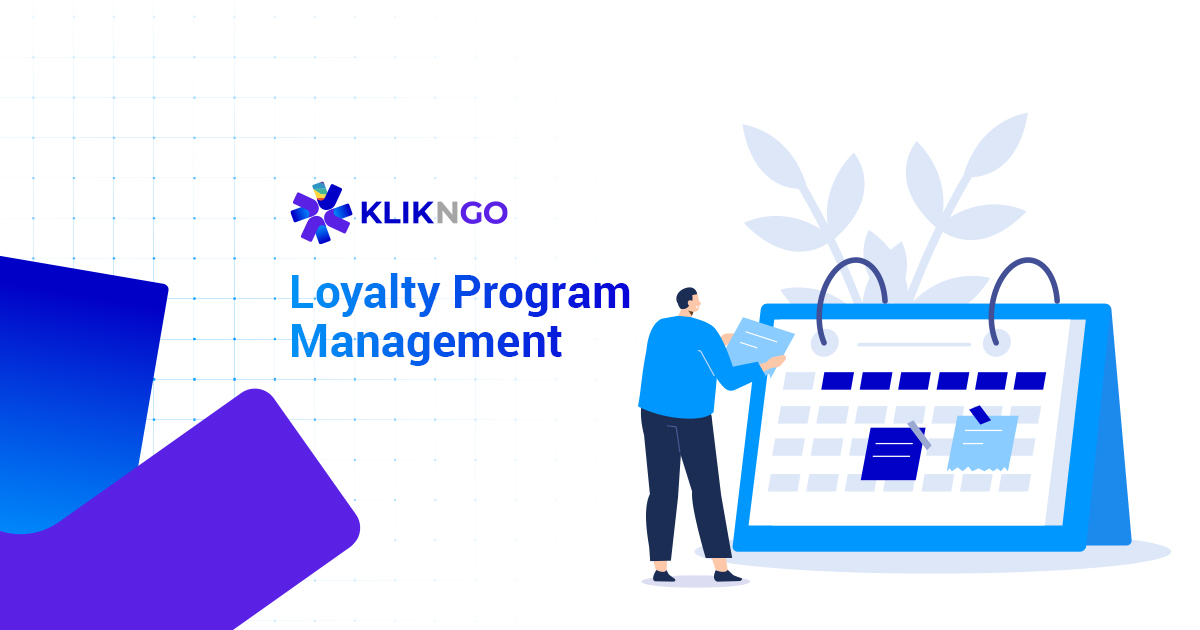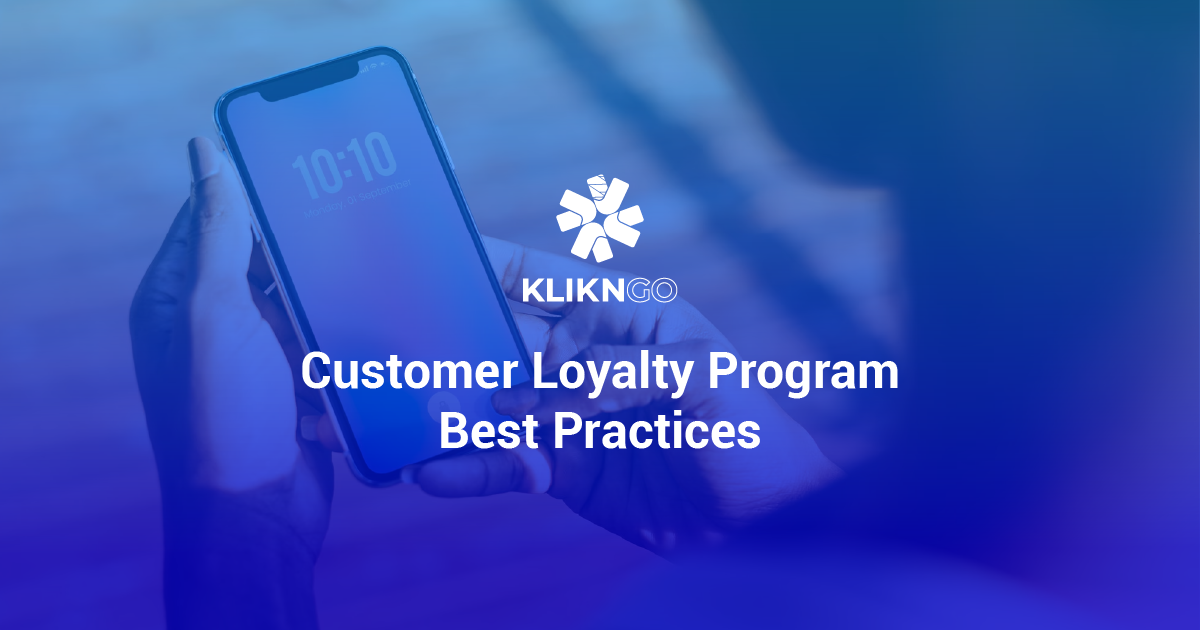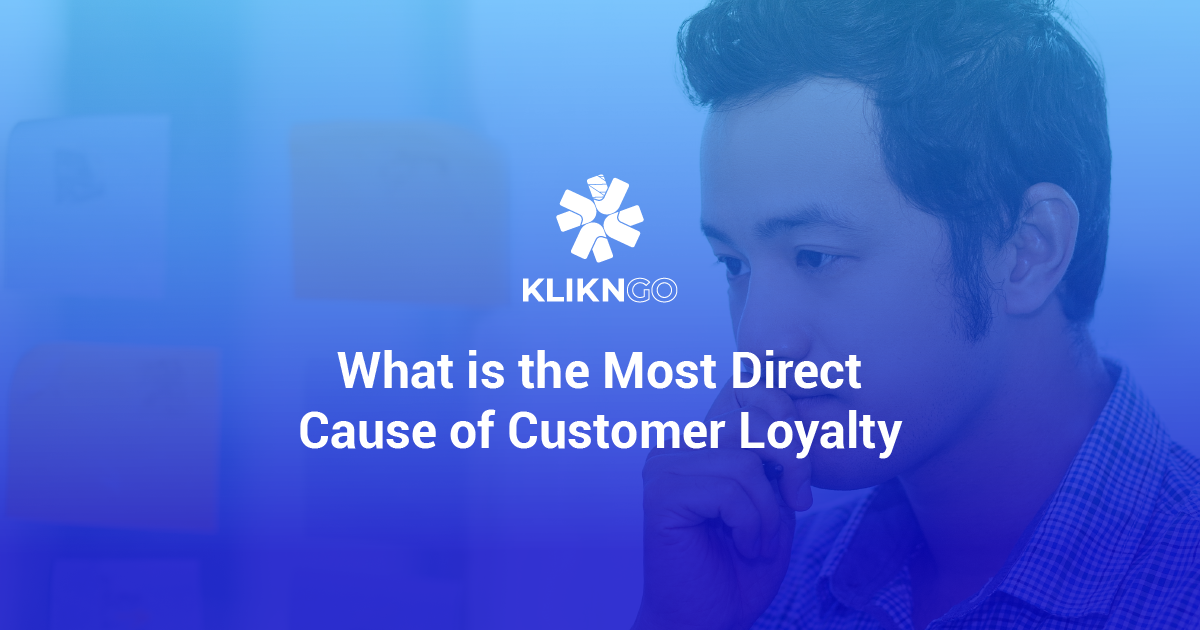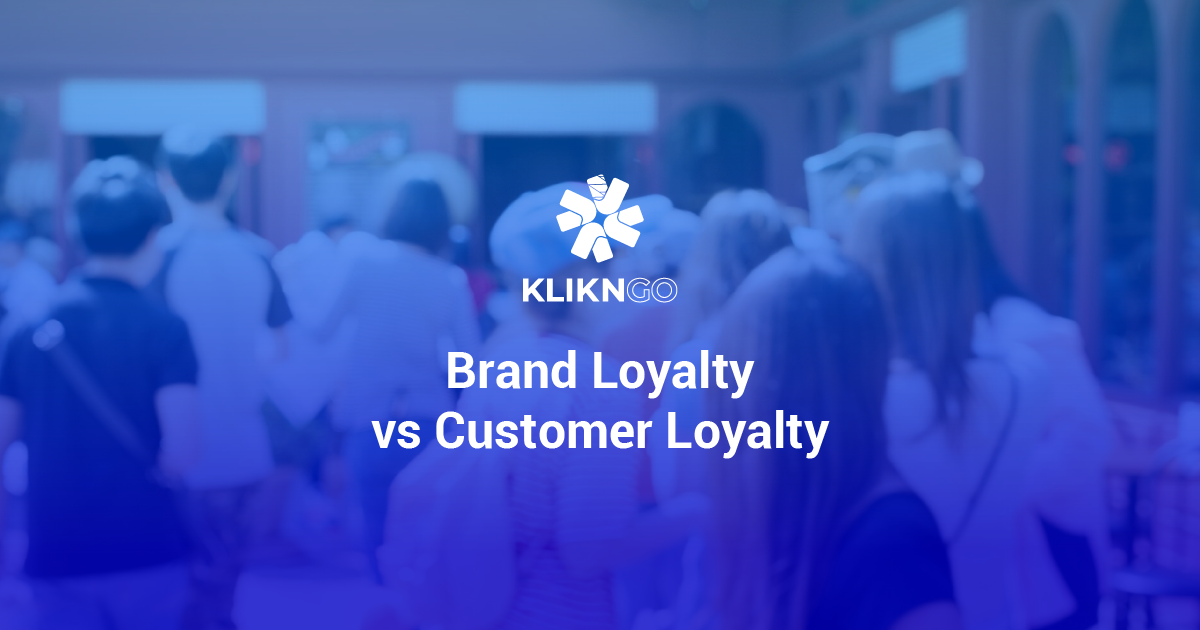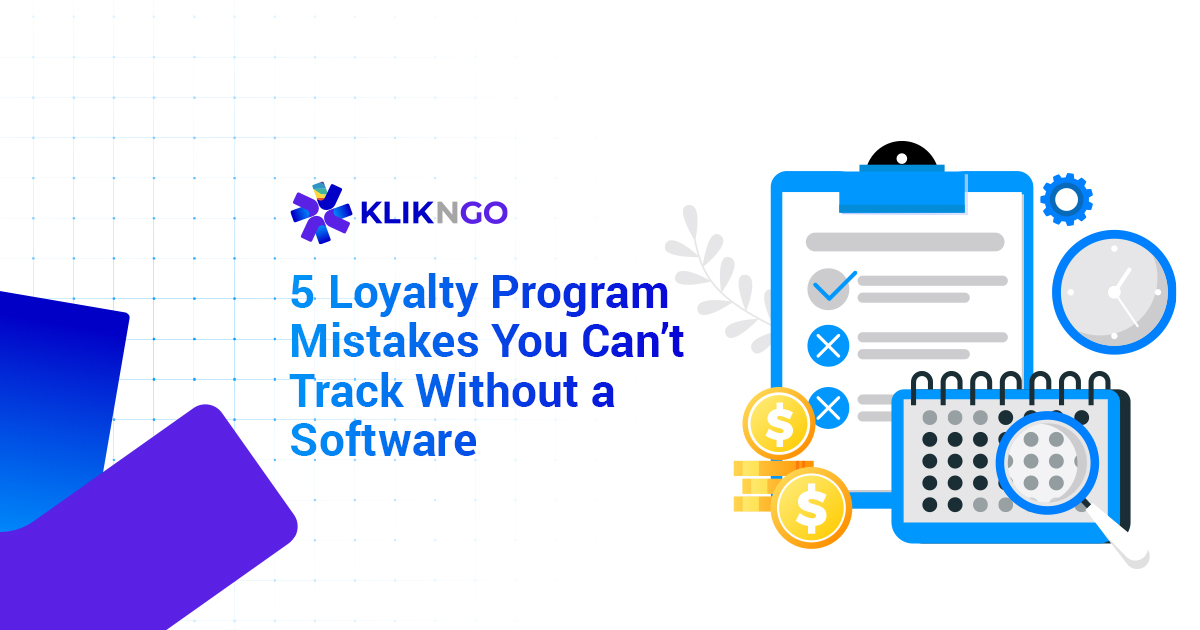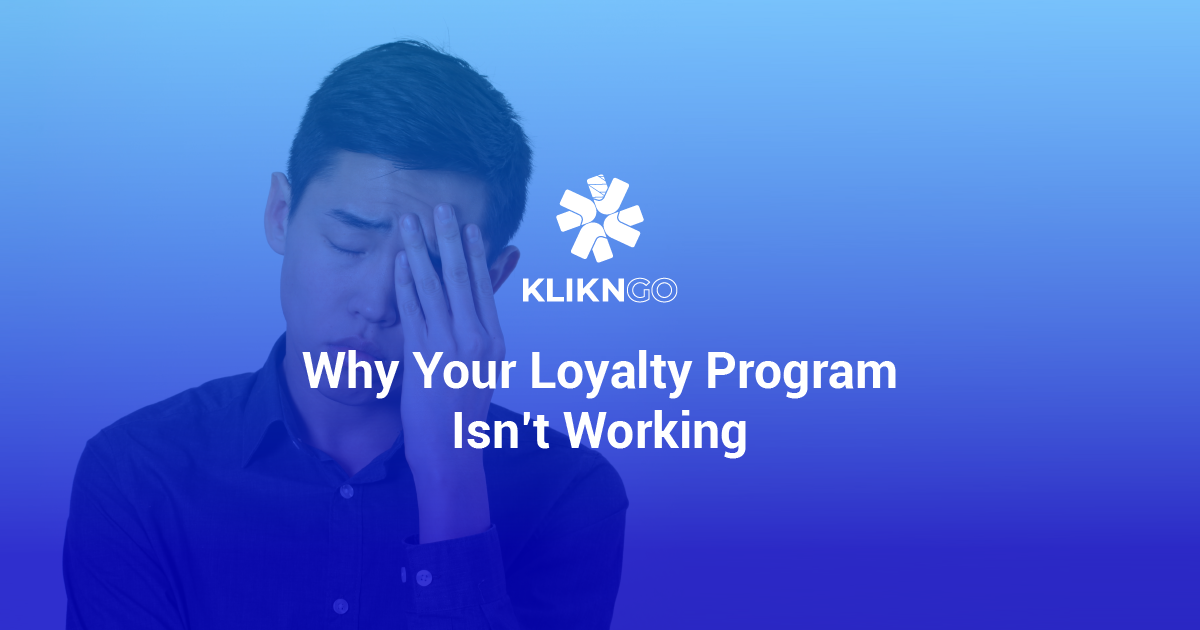What Have Employees Got to Do With Customer Loyalty?
Employees play an important role as the bridge between your business and its customers. They lay the foundation for enduring connections and loyalty.
When they embody your brand’s values and character, they give it substance. Motivated employees usually go above and beyond, providing outstanding service and a genuine concern for customer satisfaction.
Take salons, for example. Personal relationships matter a lot. Clients often form strong bonds and trust with specific stylists, making them regulars.
To keep it short, your employees are the heart of your brand, ensuring every interaction counts. By prioritizing and improving employee traits and happiness, you can build lasting customer loyalty.
How to Get Your Employees to Foster Customer Loyalty
Soft Skills Enhancements
Soft skills are essential for customer loyalty through your employees. These are skills like communication, emotional intelligence, attentiveness, empathy, and so on.
These skills help your employees to communicate effectively with customers and make them happy and satisfied. They are also essential for sales and service roles.
Language skills are part of soft skills, and they can be a challenge if your employees are not fluent in English. This is especially true in touristy areas like Hong Kong, where many foreigners exist.
However, not all your employees need to have perfect soft skills. Only the ones who deal with customers directly, like waiters, cashiers, and managers. Managers also need soft skills to handle difficult customers and other stakeholders, like upper management and investors.
Soft skills are not something you can teach like technical skills, such as how to use a cash register. However soft skills can be improved through experience, especially in customer service roles.
Language skills, on the other hand, can be learned, and we strongly suggest investing in language courses if your employees need them. It will pay off in the long run.
Make Sure They Have Adequate Technical & Product Training
Product and technical training is another important skill for customer-facing employees, besides soft skills. This is because they represent the brand and its product to the customers.
A good product, sales, or technical training can create a positive brand image, lead to consumer confidence, and increase brand and customer loyalty.
They should not only know about their product, but also their competitors’ products, or other products in their industry if they work in retail.
For example, if you own a pharmacy and a customer asks your staff about the difference between three brands of Vitamin C supplements, they should be able to explain it clearly and confidently. If they can’t, the customer may lose trust in your brand and switch to another pharmacy.
However, having more product knowledge can also make some employees overconfident and impatient with customers.
They may act like they know everything and the customers know nothing. This is like a teenager trying to teach their grandparents how to use the computer. This is why soft skills are still very important.
But, having great product knowledge can also help employees to upsell more effectively, and to build customer loyalty in the long term!
Employee Happiness Will Lead to Customer Happiness & Loyalty
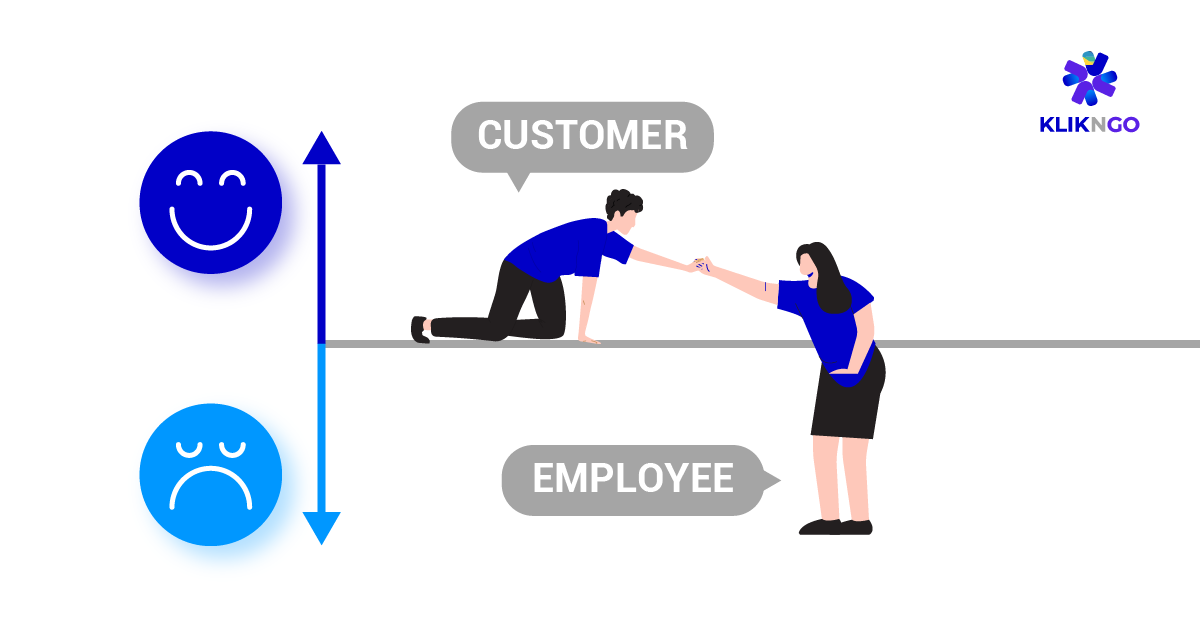
Employee happiness is another factor to consider, as happy employees are more likely to go the extra mile to make customers happy – and that results in customer loyalty.
Some companies make the mistake of thinking that this means setting individual KPIs and rewards for reaching sales targets – but that’s not the case.
In a retail or service environment, this can create unhealthy competition and poor team dynamics – and that’s detrimental to employee happiness.
Punishment is also not effective, as many studies show that punishment lowers employee performance, not raises it.
To improve employee happiness, try to foster team performance and team bonding – as that can enhance employee happiness in the long term, as shown by many studies like these.
You can also implement team KPIs instead of individual ones, this can boost the teamwork among your employees.
Create a Culture that Encourages Customer Loyalty
A good way to make your employees foster customer loyalty is to make customer loyalty part of your company culture.
You can have training or daily meetings like a huddle session where managers listen to the employees and see how they can improve the operations and customer loyalty.
This lets employees share their issues at the front line, which makes them feel valued and motivated.
For the food and beverage industry, you can also have staff meals, where employees can eat and talk. This helps your employees to know how the dishes taste and tell the customers if they ask (which is more common than you may think).
Your customers will trust your food more if your employees have tasted it themselves. Also, this can increase the average order value, as your staff can upsell more with better descriptions! It’s like word-of-mouth marketing!
Improve Staff Appearance

In line with the previous point, staff appearance is another thing that many companies don’t pay attention to, but it can affect customer loyalty.
Your staff shows your company and your brand to the customers – and their appearance can influence the customer experience. If waiters look dirty, with messy hair or dirty nails, you wouldn’t want to go back to that restaurant again.
That’s why some industries like airlines and investment banking make pilots and bankers dress well and look neat, to make the customer feel that their safety and money are in safe hands.
Hygiene and appearance are not the only things that matter, though. Depending on the industry, it can be good for employees to wear uniforms.
For example, if you have an HVAC or plumbing company, having company shirts can make customers trust you more, as they let you into their homes.
If uniforms don’t work, having company merch can also help with trust and customer loyalty.
For example, in some places like Singapore, luxury fashion brands like Dior and Gucci let their salespeople wear some of their bags or accessories to make staff feel more confident and promote brand loyalty.
Grant Certain Employees the Power to Make Some Decisions
Many companies lose customer loyalty because they take too long to solve problems. This often happens because staff have to get approval from their bosses for too many things.
For example, a restaurant customer has an issue with their order. The manager is busy and can’t make a decision.
The waitstaff has to wait for an answer and keep the customer waiting too. The customer is not happy and may not come back to the restaurant.
To fix this problem, managers should let some employees make some decisions. For example, employees can redo the customer’s dish, but not give refunds.
This is how most customer service departments work. They have a system where they can give different reimbursements or vouchers, depending on how big the problem is.
This lets them solve more problems without needing to escalate to the higher-ups.
This makes the manager’s job easier and the staff feel more confident and empowered, that they can make their own decisions – which is good for customer experience and loyalty!
Encourage Staff-Customer Relationship
If you’re in the service, retail, or FMCG sectors, maintaining a good staff-customer relationship is a pretty good way to improve customer loyalty.
If you’ve had a good experience with your local barber and have garnered a good relationship with them, you’ll probably only go to them as you trust in their skills and like them.
The key here is to try to befriend the customer and offer a relaxed environment.
Employees will also be more likely to go above and beyond for their regulars, which becomes a cycle of customer loyalty and employee happiness.
Many affluent people who frequent luxury boutiques have their favorite salespeople and will very likely only look for them.
The same happens for dentists and lawyers, who’ll be so loyal to certain individuals that they’ll be willing to switch firms and follow them wherever they go.
It might seem trivial but don’t overlook or underestimate the power of a strong staff-customer relationship.

